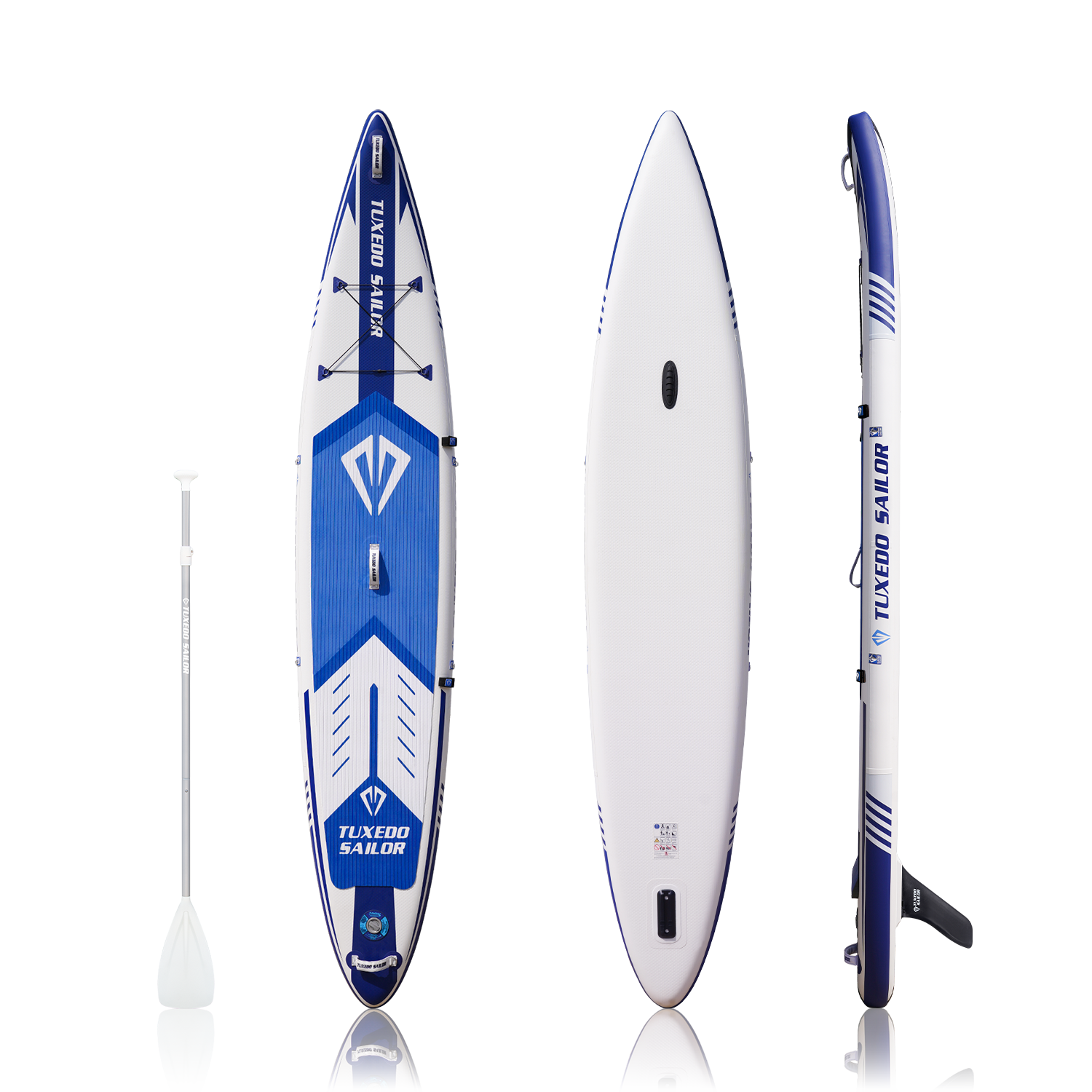How to Master the Basics of Stand Up Paddle Boarding
Stand up paddle boarding (SUP) has surged in popularity, offering a unique blend of adventure, fitness, and relaxation. Whether you're gliding on calm lakes or navigating ocean waves, mastering the basics is essential for a safe and enjoyable experience. Here’s your ultimate guide to getting started with SUP.

Understanding Your Equipment
Choosing the Right Paddle Board
When diving into SUP, selecting the right board is crucial. Inflatable paddle boards (iSUPs) are portable and easy to store, making them great for beginners. Hard boards provide more stability and speed but require more effort to transport.
- Length: Longer boards (12’6” or more) are faster, while shorter boards (under 10’) are easier to maneuver.
- Width: Wider boards (30” and above) offer more stability, ideal for beginners.
- Thickness: Thicker boards (6” or more) support more weight and improve buoyancy.
Selecting Your Paddle
A good paddle should be lightweight and comfortable. It typically should be about 6 to 8 inches taller than you when standing. Look for adjustable paddles to customize the length for different paddling styles.

Getting Started: Basic Techniques
Proper Stance on the Board
Before you even push off, it’s important to establish a solid stance. Stand with your feet parallel, shoulder-width apart, and centered over the paddle board. Your knees should be slightly bent, and your core engaged to maintain balance.
- Feet Position: Keep your feet parallel and positioned between the handle and the tail of the board.
- Body Alignment: Your hips should be facing forward, and your shoulders relaxed.

Paddling Techniques
Proper paddling techniques can enhance your efficiency and control.
Forward Stroke
- Start Position: Grip the paddle with both hands, keeping the top hand at the T-grip.
- The Stroke: Submerge the blade fully in the water next to the board and pull it back towards your feet, keeping your arms straight.
- Recovery: Lift the paddle out of the water, and reach forward for the next stroke without splashing.
Turning the Board
To navigate turns, practice these two techniques:
- Sweep Stroke: For a wide turn, extend your paddle far out to the side and sweep it back towards the tail of the board.
- Reverse Stroke: For a quick turn, paddle backward on one side to pivot the board in the opposite direction.
Balancing Techniques
Staying Upright
Falling is part of learning, but with these tips, you can minimize spills.
- Use Your Core: Engaging your core muscles helps maintain balance.
- Focus on a Fixed Point: Fix your gaze on a point in the distance rather than looking down at your feet.
- Widen Your Stance: If you feel unsteady, widen your stance to distribute your weight better.

Recovery from a Fall
If you do fall, remain calm. Here’s how to get back on:
- Swim to the Board: Swim to the side of your board and grab the edge.
- Reboard: Kick your legs to lift yourself back onto the board in a swift motion.
Safety Tips for Paddle Boarding
Wear a Life Jacket
Even if you’re a strong swimmer, wearing a personal flotation device (PFD) is essential for safety. Many states require them, and they can save lives in emergencies.
Be Aware of Your Surroundings
Always keep an eye on your environment. Watch for other watercraft, strong currents, and weather changes. Learning to read the water is key to avoiding hazards.
Paddle with a Buddy
Whenever possible, paddle with a friend. It’s not only safer but also more fun! Plus, you can help each other learn and improve.
Mastering the basics of stand up paddle boarding opens up a world of adventure. By understanding your equipment, practicing proper techniques, and prioritizing safety, you’ll be well on your way to becoming a confident paddler. So grab your gear, hit the water, and embrace the thrill of SUP! Happy paddling!







Leave a comment